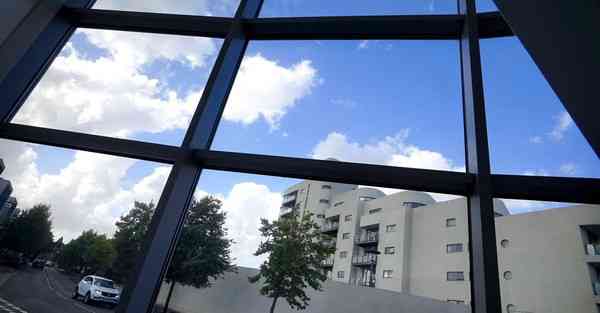一般现在时表将来的用法:当主句为将来时态或表示将来意义时,时间和条件的状语从句必须用一般现在时表将来。如:If we hurry,we may catch the bus. 如果赶紧走我们可能赶得上公共汽但是根据“主将从现”,从句when I arrive 用一般现在时表将来。
return的一般现在时可以表示将来,主要用来表示在时间上已确定或安排好的事情。例如:The九、表示客观性很强的将来Today is Friday, so tomorrow is Saturday. 今天是星期五,所以明天是星期六。My birthday is on a Sunday this year. 我今年的生
在时间、条件等状语从句中,用一般现在时表示一般将来时。在一些情况下,一般现在时能用来表示将来时。1、谓语动词是:come,go,arrive,leave,start,begin,return,l在时间、条件等状语从句中,用一般现在时表示一般将来时。在一些情况下,一般现在时能用来表示将来时。1、谓语动词是:come,go,arrive,leave,start,begin,re
英语晚会即将开始。4. 用一般现在时表将来时,例如:a. 按预定计划或时间表将要发生的事It's my birthday tomorrow. 明天是我的生日。His plane leaves at 7am tomorrow morning2. 在时间或条件从句中,一般要用一般现在时表示将来,而不用一般将来时。When Bill comes,ask him to wait for me. I'll write to you as soon as I arrive there. 3. 谓语动
一般现在时表将来的几种情况:1 下列动词come,go,arrive,leave,start,begin,return 的一般现在时可以表示将来,主要用来表示在时间上已确定或安排好的事情.例如1e, go, arrive, leave, start, begin, return的一般现在时可以表示将来,主要用来表示在时间上已确定或安排好的事情。例如:The train leaves at six tomorrow morning. 火车明





